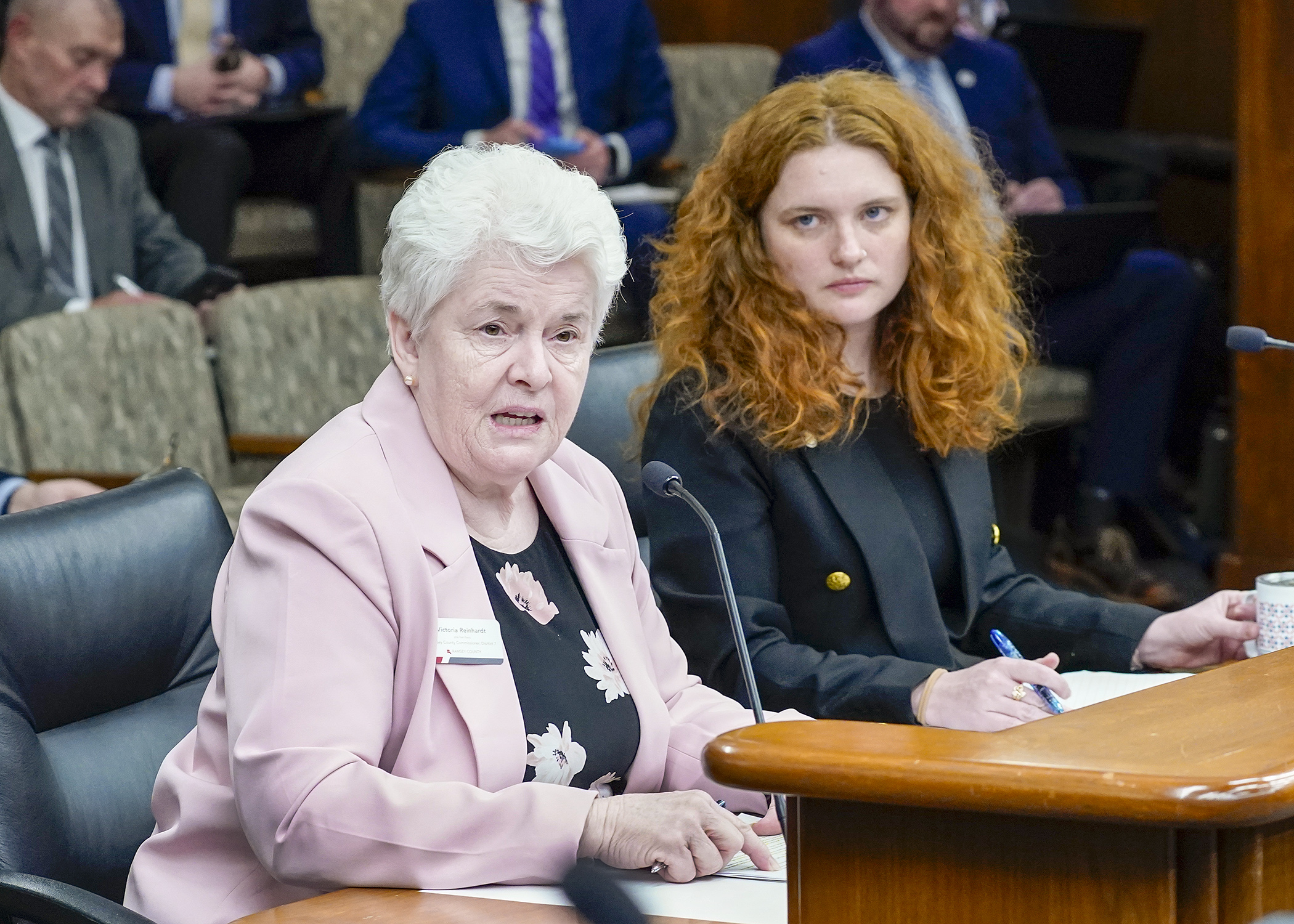Packaging waste costs could be delivered from consumers to producers

Minnesota has a waste problem made worse by unnecessary plastic packaging, according to Rep. Sydney Jordan (DFL-Mpls). And consumers and taxpayers pay the price, not only through fees to pick up and dispose of waste, but through the health impact of incinerators and leaking landfills.
Jordan has proposed a solution in the form of HF3577, the so-called “Packaging Waste and Cost Reduction Act,” which would make producers responsible for the packaging waste they create.
The bill would create a statewide program financed by producers that aims to reduce waste generation through reduction, reuse, recycling, and composting. It would also provide “for negotiation and execution of agreements to collect, transport, and process used covered materials for reuse, recycling, and composting.”
The bill, as amended, was approved on a 9-7 vote by the House Environment and Natural Resources Finance and Policy Committee Tuesday and sent to the House Commerce Finance and Policy Committee.
It would create an extended producer responsibility program, like ones used in Canada and many European countries. Similar programs are currently being implemented in four U.S. states.
In Maine, which approved such a program in 2021, producers pay into a fund based on the amount and recyclability of their packaging.
The aim in Minnesota, said Jordan, is to take the existing recycling system and ensure its success by shifting the more costs to producers.
The first stages would be creating an advisory board, appointed by the Pollution Control Agency, to set goals and establishing a producer responsibility organization to implement a plan to meet them.
An assessment performed by the agency would look at things such as cost, availability of recycling, investments needed, and a variety of other factors.
By March 1, 2028, the producer responsibility organization would submit a stewardship plan with performance targets, collection methods, proposed exemptions due to health and safety concerns, source reduction measures, recycling and reuse, budget and funding needs, producers fees, and an explanation of how the program will be paid for by producers.
By 2032, all packaging would have to be reusable, recyclable, compostable or part of an approved collection system.
Dozens of testifiers submitted written testimony for and against the bill.
Supporters say it would increase recycling rates, reduce single-use plastic and reduce greenhouse gas emissions.
However, many oppose the bill in general as something that could disrupt a relatively successful system currently in place.
Others took issue with some of the specifics such as the composition of the advisory board or inclusion of some industries, which they feel should be excluded due to health or safety reasons.
Related Articles
Search Session Daily
Advanced Search OptionsPriority Dailies
Ways and Means Committee OKs proposed $512 million supplemental budget on party-line vote
By Mike Cook Meeting more needs or fiscal irresponsibility is one way to sum up the differences among the two parties on a supplemental spending package a year after a $72 billion state budg...
Meeting more needs or fiscal irresponsibility is one way to sum up the differences among the two parties on a supplemental spending package a year after a $72 billion state budg...
Minnesota’s projected budget surplus balloons to $3.7 billion, but fiscal pressure still looms
By Rob Hubbard Just as Minnesota has experienced a warmer winter than usual, so has the state’s budget outlook warmed over the past few months.
On Thursday, Minnesota Management and Budget...
Just as Minnesota has experienced a warmer winter than usual, so has the state’s budget outlook warmed over the past few months.
On Thursday, Minnesota Management and Budget...